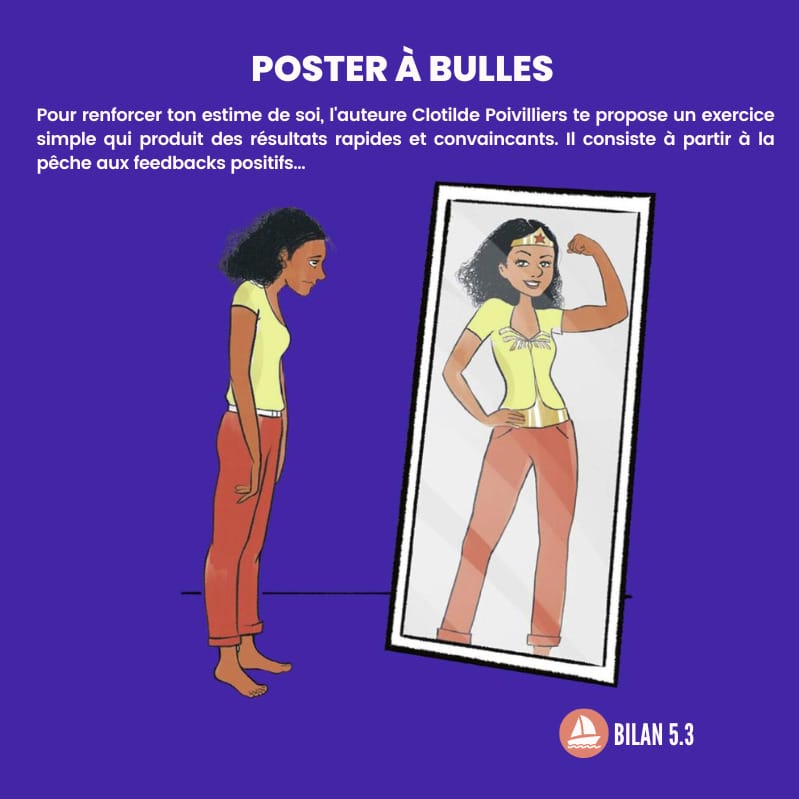During the confinement put in place to fight against the extension of the Covid-19 epidemic, the professional organization of most French people has been significantly modified, with in particular work interruptions and a massive deployment of teleworking. A few weeks later, between June 8 and July 8, researchers from Public Health France therefore sought to find out whether teleworking had had repercussions on the health of teleworkers, and more particularly on low back pain.
Three waves of 2,000 active people (i.e. 6,000 people in total) were questioned retrospectively on their work situation during confinement and their lower back symptoms (aches, pains, discomfort), before and after confinement. They were asked about:
- Their professional situation before and during confinement from March 17 to May 10, 2020.
- The presence of low back pain before and after leaving confinement (for people unharmed at the start of the period), which made it possible to approach a measure of the incidence of low back pain.
- In the event of pre-existing low back pain, on the evolution of this after confinement.
10% suffered from low back pain for the first time while working from home
When the containment measures were implemented, around a third (34.3%) of people in activity already suffered from low back pain. Among the workers who did not suffer from low back pain before confinement, 10.4% had developed one after confinement. This proportion varies according to the work situation: around 6% among people who continued to telework as usual or among those who continued to work outside the home at the same pace as usual or at a slower pace. sustained, and 16% among people who had started teleworking because of confinement and among those who had continued to work outside the home, but at a more sustained pace.
“The incidence of low back pain was about two and a half times higher in workers who had been newly placed in telework or who had continued their work outside the home, but at a faster rate than usual” underlines Emilie Chazelle, from Public Health France.
This survey was published in the Weekly epidemiological bulletin (BEH).
The advice of the sophrologist to avoid back pain
Carole Serrat is a life coach, sophrologist at the Bichat hospital, the Lilas maternity unit and the La Muette clinic (Paris). In this slideshow, she gives her tips for adopting the right posture at the office when sitting in front of her computer all day. Indeed, this generates long-term pain in the neck and back. Stress further promotes these contractures.
To prevent this pain and avoid low back pain, tendonitis of the wrist and musculoskeletal disorders, it is essential to listen to yourself and to organize your workstation with care. This involves installing a comfortable ergonomic seat that can be adjusted to suit your height, adopting the right posture, and positioning the computer and the desk correctly. To prevent back pain caused by prolonged sitting, it is also important to fight stress on a daily basis, to move regularly and to do some relaxation and relaxation exercises.
Read also :
- Back pain: sports that relieve
- Back pain: the 10 most common causes
- Back pain: are we being manipulated or not?
- The chiropractor’s advice for sleeping well without having back pain
- Back pain: when to operate



























